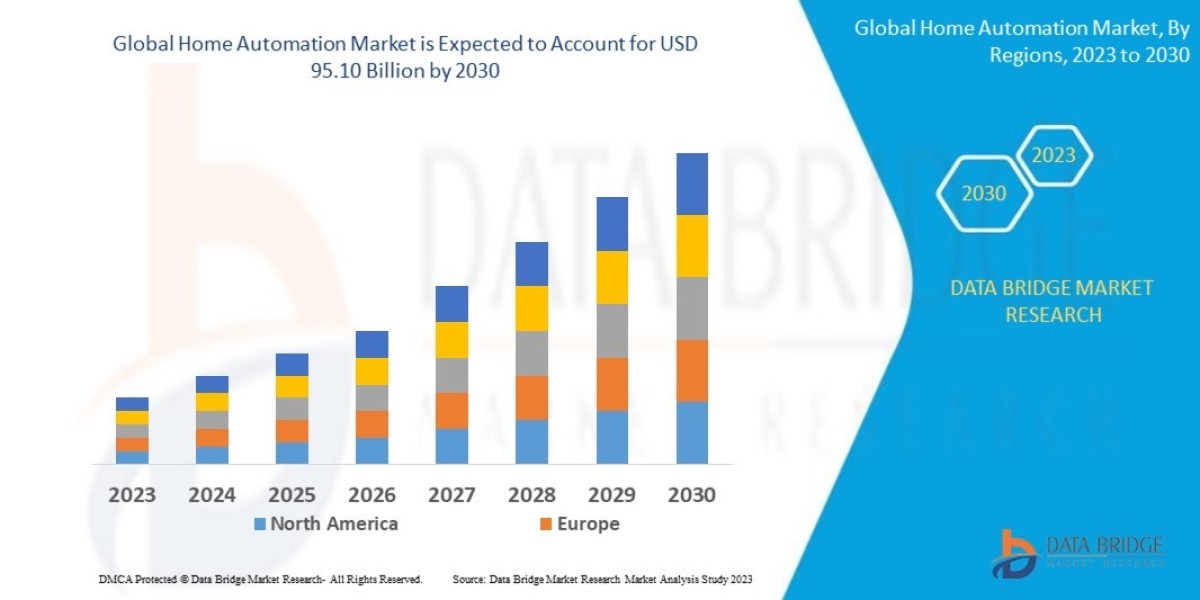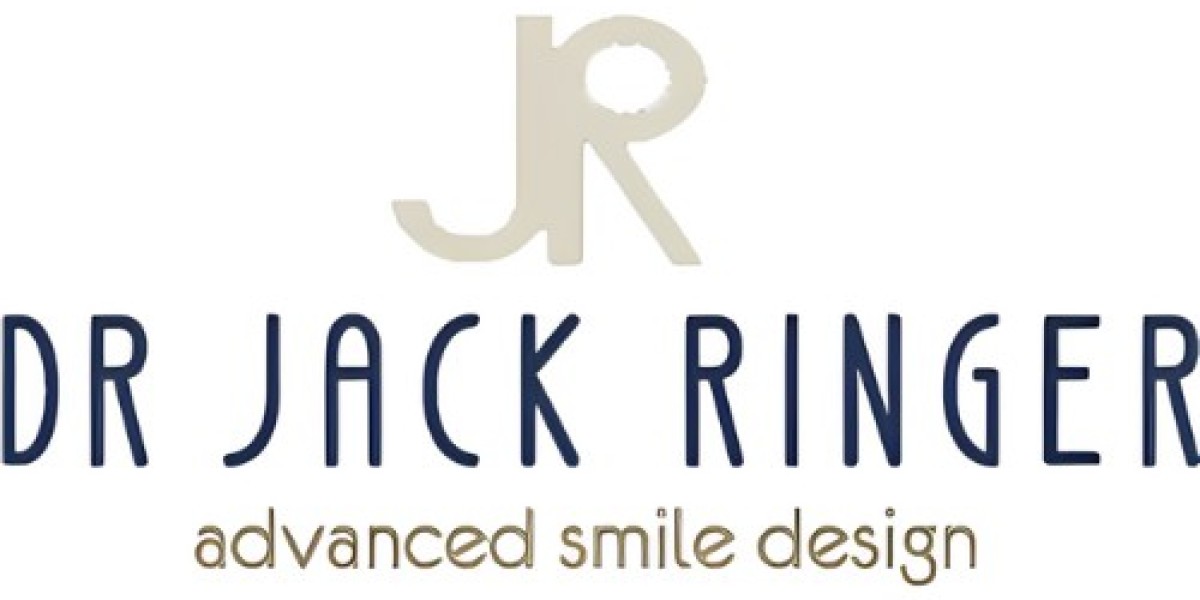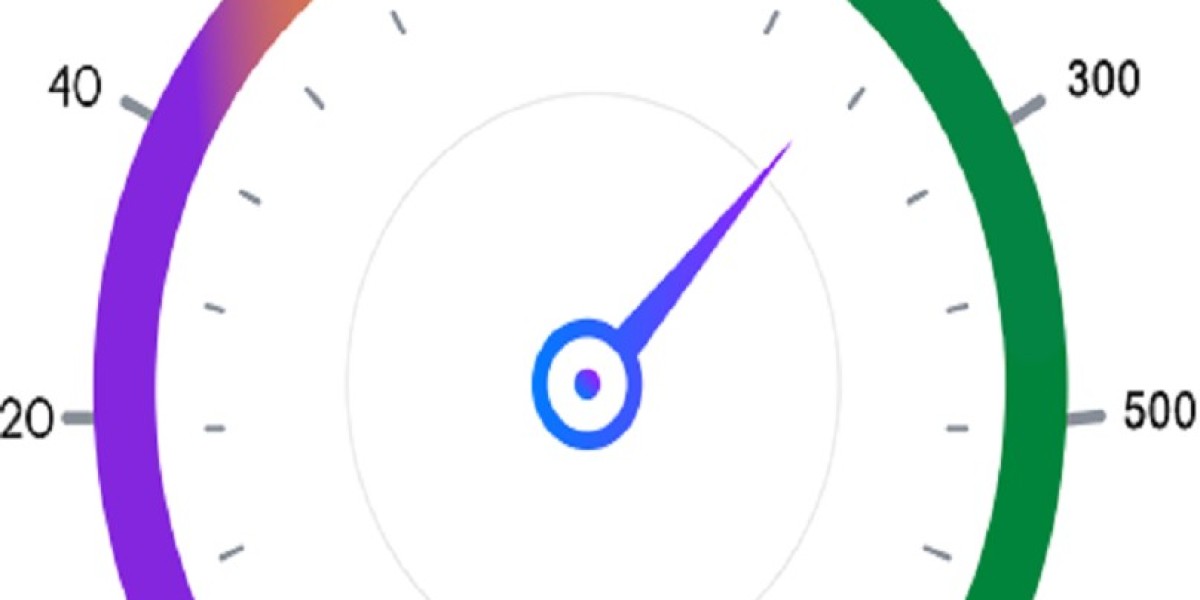Executive Summary Home Automation Market :
The global home automation market size was valued at USD 54.30 billion in 2024 and is projected to reach USD 80.83 billion by 2032, with a CAGR of 5.10 % during the forecast period of 2025 to 2032.
Home Automation Market report provides the market potential for each geographical region based on the growth rate, macroeconomic parameters, consumer buying patterns, and market demand and supply scenarios. The report focuses on the top players in North America, Europe, Asia-Pacific, South America, and Middle East & Africa. Home Automation Market document delivers an extensive research on the current conditions of the industry, potential of the market in the present and the future prospects from various points of views. The numerical and statistical data has been denoted in the graphical format for a clear understanding of facts and figures.
The analysis covered in the global Home Automation Market report gives an assessment of various segments that are relied upon to witness the quickest development amid the approximated forecast frame. The market study encompasses a market attractiveness analysis, wherein each segment is benchmarked based on its market size, growth rate, and general attractiveness. All the information, facts, and statistics covered in the report lead to actionable ideas, improved decision-making and better deciding business strategies. Home Automation Market report contains historic data, present market trends, environment, technological innovation, upcoming technologies and the technical progress in the related industry.
Discover the latest trends, growth opportunities, and strategic insights in our comprehensive Home Automation Market report. Download Full Report: https://www.databridgemarketresearch.com/reports/global-home-automation-market
Home Automation Market Overview
**Segments**
- On the basis of product, the global home automation market can be segmented into:
- Lighting Control
- Security and Access Control
- HVAC Control
- Entertainment Control
- Others
- Based on technology, the market can be categorized as:
- Wired Home Automation Systems
- Wireless Home Automation Systems
- In terms of software, the market can be divided into:
- Proactive
- Behavioral
**Market Players**
- Some of the key players in the global home automation market include:
- Siemens
- Schneider Electric
- Honeywell International Inc.
- Johnson Controls
- Amazon
- Apple Inc.
- Google LLC
- Samsung Electronics
- Legrand
- Leviton Manufacturing Co.
The global home automation market is witnessing significant growth with the increasing adoption of smart home technology across residential properties. The segments in the market such as lighting control, security and access control, HVAC control, entertainment control, and others are driving the market forward. Lighting control systems are especially popular due to their energy-saving capabilities and convenience. Security and access control systems are also in high demand as homeowners prioritize safety measures. HVAC control is essential for maintaining comfortable living conditions, while entertainment control adds a layer of convenience and luxury to homes.
In terms of technology, both wired and wireless home automation systems are prevalent in the market. Wired systems offer reliability and stability, while wireless systems provide flexibility and ease of installation. The choice between the two depends on the specific requirements of the homeowner. Software plays a crucial role in home automation, with proactive software enabling predictive functions and behavioral software learning user preferences over time for personalized automation.
Overall, the global home automation market is poised for continued growth as smart home technology becomes more integrated into daily life. As consumers seek convenience, energy efficiency, and security in their homes, the demand for home automation solutions is expected to rise. The market players mentioned above are well-positioned to capitalize on this growing demand and drive innovation in the industry.
The global home automation market is experiencing a significant transformation driven by technological advancements and changing consumer preferences. One emerging trend in the market is the rise of voice-controlled smart assistants such as Amazon's Alexa and Google Assistant, which have revolutionized the way consumers interact with their smart home devices. These voice-controlled systems offer a seamless and intuitive user experience, allowing homeowners to control various aspects of their homes with simple voice commands. This trend is expected to propel the growth of the home automation market further as more consumers embrace the convenience and flexibility of voice-controlled smart home devices.
Another key trend shaping the home automation market is the integration of artificial intelligence (AI) and machine learning capabilities into home automation systems. By leveraging AI algorithms, home automation systems can learn and adapt to user preferences, making them more predictive and responsive over time. This personalized automation experience enhances user comfort and convenience, driving the adoption of home automation solutions across residential properties.
Furthermore, the increasing focus on energy efficiency and sustainability is driving the demand for smart home devices that can help homeowners monitor and optimize their energy consumption. Energy management solutions integrated into home automation systems allow users to track their energy usage in real-time and make adjustments to reduce wastage and lower utility costs. This focus on energy efficiency aligns with the growing global awareness of environmental issues and the need to minimize carbon footprints, making energy-efficient home automation solutions increasingly popular among eco-conscious consumers.
The market for home automation is also witnessing a shift towards interoperability and integration among different smart home devices and platforms. As consumers invest in multiple smart home devices such as smart thermostats, lighting controls, security cameras, and entertainment systems, the need for seamless connectivity and interoperability between these devices becomes paramount. Home automation companies are focusing on developing open-source platforms and standard protocols to ensure compatibility and ease of integration across different home automation products, enabling a more cohesive and interconnected smart home ecosystem.
Overall, the global home automation market is entering a new phase of growth and innovation driven by evolving consumer preferences, technological advancements, and sustainability concerns. The adoption of voice-controlled smart assistants, AI-driven automation, energy management solutions, and interoperable smart home devices is reshaping the market landscape and creating opportunities for market players to differentiate their offerings and capture a larger share of the growing smart home market. As the home automation market continues to evolve, companies that can innovate and adapt to these emerging trends are likely to succeed in meeting the evolving needs of consumers and shaping the future of smart home technology.The global home automation market is experiencing a paradigm shift driven by technological advancements and evolving consumer preferences. One of the emerging trends in the market is the increasing focus on seamless integration and interoperability among different smart home devices and platforms. As consumers invest in a wide range of smart home products such as lighting controls, security systems, entertainment devices, and HVAC systems, the need for these devices to communicate effectively and work together harmoniously has become crucial. Home automation companies are now developing open-source platforms and standard protocols to ensure seamless connectivity and interoperability, creating a more cohesive and interconnected smart home ecosystem for users.
Moreover, the integration of artificial intelligence (AI) and machine learning capabilities into home automation systems is another trend reshaping the market dynamics. By harnessing AI algorithms, home automation systems can learn user preferences, anticipate needs, and adapt to changing routines, providing a more personalized and intelligent automation experience for homeowners. This trend not only enhances user convenience but also propels the adoption of sophisticated home automation solutions across residential properties.
Furthermore, the rising demand for energy-efficient and sustainable solutions is driving the market towards smart home devices that enable homeowners to monitor and optimize their energy consumption. Energy management solutions integrated into home automation systems empower users to track real-time energy usage, identify inefficiencies, and make adjustments to reduce wastage, leading to lower utility costs and a more sustainable lifestyle. This emphasis on energy efficiency aligns with the global shift towards environmental conservation and green living practices, making energy-efficient home automation solutions increasingly appealing to eco-conscious consumers.
Additionally, the market is witnessing a surge in voice-controlled smart assistants like Amazon's Alexa and Google Assistant, revolutionizing the way users interact with their smart home devices. These voice-controlled systems offer intuitive and hands-free control over various aspects of the home, enhancing user experience and accessibility. As more consumers embrace the convenience and flexibility of voice-activated smart home devices, this trend is expected to drive further growth and adoption of home automation solutions globally.
In conclusion, the global home automation market is undergoing a transformation fueled by advancing technologies, changing consumer behaviors, and a growing emphasis on sustainability. The trends towards integration, AI-driven automation, energy efficiency, and voice-controlled interfaces are reshaping the market landscape and creating new opportunities for industry players to innovate and cater to the evolving needs of consumers. Companies that can align their offerings with these emerging trends are poised to succeed in capturing a larger share of the expanding smart home market and shaping the future of home automation technology globally.
The Home Automation Market is highly fragmented, featuring intense competition among both global and regional players striving for market share. To explore how global trends are shaping the future of the top 10 companies in the keyword market.
Learn More Now: https://www.databridgemarketresearch.com/reports/global-home-automation-market/companies
DBMR Nucleus: Powering Insights, Strategy & Growth
DBMR Nucleus is a dynamic, AI-powered business intelligence platform designed to revolutionize the way organizations access and interpret market data. Developed by Data Bridge Market Research, Nucleus integrates cutting-edge analytics with intuitive dashboards to deliver real-time insights across industries. From tracking market trends and competitive landscapes to uncovering growth opportunities, the platform enables strategic decision-making backed by data-driven evidence. Whether you're a startup or an enterprise, DBMR Nucleus equips you with the tools to stay ahead of the curve and fuel long-term success.
What insights readers can gather from the Home Automation Market report?
- Learn the behavior pattern of every Home Automation Market -product launches, expansions, collaborations and acquisitions in the market currently.
- Examine and study the progress outlook of the global Home Automation Market landscape, which includes, revenue, production & consumption and historical & forecast.
- Understand important drivers, restraints, opportunities and trends (DROT Analysis).
- Important trends, such as carbon footprint, R&D developments, prototype technologies, and globalization.
Browse More Reports:
Global Cereals & Grains Crop Oil Concentrates Market
Global Cenospheres Market
Global Cell Culture Market
Global Catheter Stabilization Device/Catheter Securement Devices Market
Global Cast Saw Devices Market
Global Cartoning Food Packaging Market
Global Cardiac Resynchronization Therapy Market
Global Carbon Fiber Tape Market
Global Capsule Hotel Market
Global Canned Tuna Market
Global Canned Meat Market
Global Cannabis Retail Point of Sale (POS) Software Market
Global Calcify Uremic Arteriolopathy Drug Market
Global Bubble Wrap Packaging Market
Global Broadband Internet Access Services Market
Global BRICS Oral Care Market
Global Breast Cancer Liquid Biopsy Market
About Data Bridge Market Research:
An absolute way to forecast what the future holds is to comprehend the trend today!
Data Bridge Market Research set forth itself as an unconventional and neoteric market research and consulting firm with an unparalleled level of resilience and integrated approaches. We are determined to unearth the best market opportunities and foster efficient information for your business to thrive in the market. Data Bridge endeavors to provide appropriate solutions to the complex business challenges and initiates an effortless decision-making process. Data Bridge is an aftermath of sheer wisdom and experience which was formulated and framed in the year 2015 in Pune.
Contact Us:
Data Bridge Market Research
US: +1 614 591 3140
UK: +44 845 154 9652
APAC : +653 1251 975
Email:- corporatesales@databridgemarketresearch.com
Tag
Home Automation Market Size, Home Automation Market Share, Home Automation Market Trend, Home Automation Market Analysis, Home Automation Market Report, Home Automation Market Growth, Latest Developments in Home Automation Market, Home Automation Market Industry Analysis, Home Automation Market Key Player, Home Automation Market Demand Analysis








